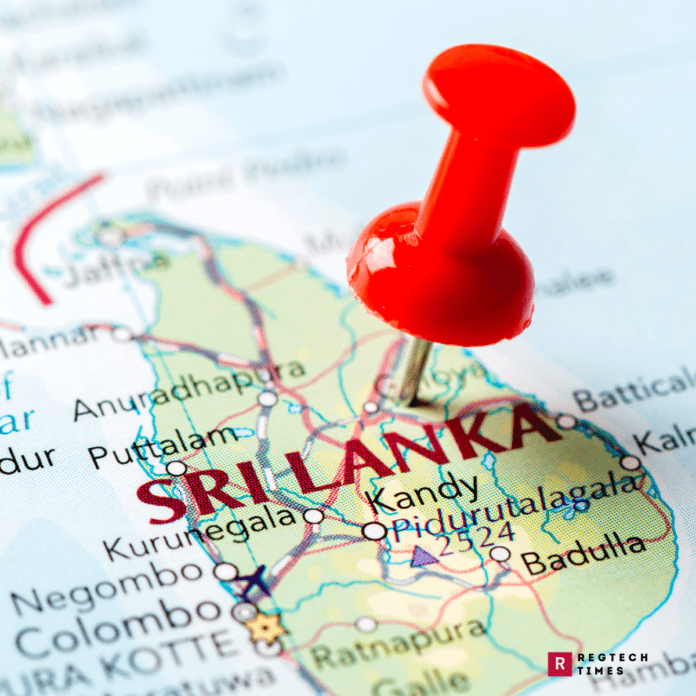Prime Minister of Sri Lanka Dinesh Gunawardena made a major diplomatic move by starting a six-day official visit to China, which may have an impact on the region’s geopolitical dynamics. High-level discussions with Chinese President Xi Jinping and Premier Li Qiang during this tour emphasize Sri Lanka’s strategic importance in the Indian Ocean area and the delicate balance that Colombo is trying to maintain despite its growing economic links to both China and India.
At a crucial time for Sri Lanka, Gunawardena’s arrival in Beijing is greatly welcomed by Chinese Vice Foreign Minister Sun Weidong. The island nation is facing an unparalleled economic crisis and has drawn attention from all across the world because of its large foreign debt, a large amount of which is owed to China.
This visit is especially noteworthy because it is the first by a leader from Sri Lanka to Beijing after Colombo banned Chinese research ships from docking at the Hambantota port. The move caused controversy because of the strategic importance of the port and China’s acquisition of it in a debt-for-equity swap, which resulted in a 99-year lease.
There had previously been tensions between China and Sri Lanka over the ban, which was purportedly imposed because of India’s security concerns. However, the recent move by Colombo to lift the one-year restriction on foreign research vessels docking at Sri Lankan ports illustrates a more sophisticated approach to balancing its foreign policy between two regional giants. Sri Lanka needs to strike a careful balance in order to maintain its strategic independence and grow its economy.
The fact that Gunawardena’s visit falls in line with a staff-level agreement between the International Monetary Fund (IMF) and Sri Lanka is noteworthy as well. This agreement will allow Sri Lanka to access an extra USD 337 million from the almost USD 3 billion bailout package that was authorized in 2023. As Sri Lanka recovers from a severe economic crisis that was made worse by a default on over USD 51 billion in international debts, this financial lifeline is crucial.
The nation is in a risky situation due to its reliance on foreign aid, particularly from China and India. China is Sri Lanka’s biggest creditor, accounting for 43% of its foreign debt.
To further emphasize the visit’s business focus, Gunawardena will attend the 7th China-South Asia Expo in Kunming as the Chief Guest while he’s there. It is anticipated that discussions with Chinese officials would include a broad variety of subjects, such as current energy sector investments and future cooperative initiatives. This interaction demonstrates the complex relationship between China and Sri Lanka, which goes beyond debt and infrastructure development to include more extensive commercial and trade collaboration.
Additionally, the visit takes place in the context of larger regional dynamics, where China and India are both very interested in Sri Lanka’s strategic location in the Indian Ocean. The island’s attempts to strike a balance in its relations with these two regional heavyweights are a microcosm of the larger difficulties smaller governments have in negotiating the intricate web of international interactions in a strategically competitive region.
To sum up, the visit of Prime Minister Dinesh Gunawardena to China is a turning point in Sri Lanka’s foreign policy, demonstrating the country’s continuous endeavours to manoeuvre through the geopolitical complexities of South Asia. The results of the visit might have a significant impact on Sri Lanka’s foreign policy and its place in the Indian Ocean region as it works to restore its economy and maintain its strategic autonomy.


